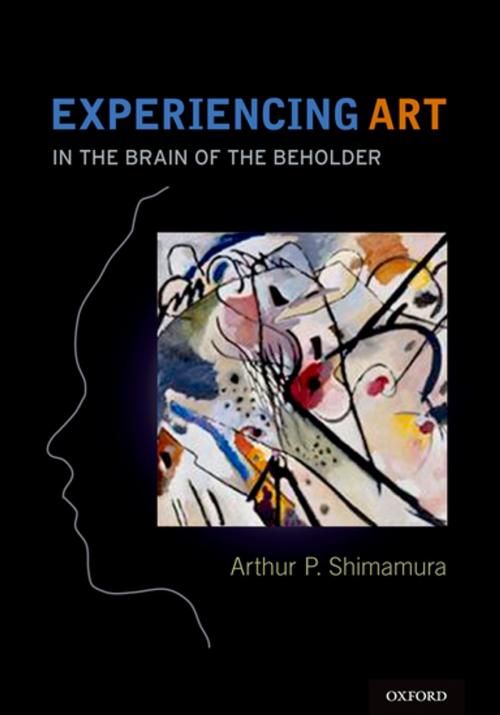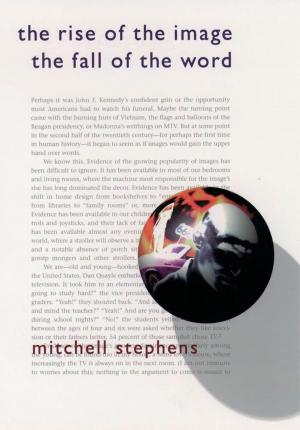Experiencing Art
In the Brain of the Beholder
Nonfiction, Health & Well Being, Psychology, Cognitive Psychology| Author: | Arthur Shimamura | ISBN: | 9780190240745 |
| Publisher: | Oxford University Press | Publication: | July 10, 2013 |
| Imprint: | Oxford University Press | Language: | English |
| Author: | Arthur Shimamura |
| ISBN: | 9780190240745 |
| Publisher: | Oxford University Press |
| Publication: | July 10, 2013 |
| Imprint: | Oxford University Press |
| Language: | English |
How do we appreciate a work of art? Why do we like some artworks but not others? Is there no accounting for taste? Awarded a Guggenheim Fellowship to explore connections between art, mind, and brain, Shimamura considers how we experience art. In a thoughtful and entertaining manner, the book explores how the brain interprets art by engaging our sensations, thoughts, and emotions. It describes interesting findings from psychological and brain sciences as a way to understand our aesthetic response to art. Beauty, disgust, surprise, anger, sadness, horror, and a myriad of other emotions can occur as we experience art. Some artworks may generate such feelings rather quickly, while others depend on thought and knowledge. Our response to art depends largely on what we know--from everyday knowledge about the world, from our cultural backgrounds, and from personal experience. Filled with artworks from many traditions and time points, "Experiencing Art" offers insightful ways of broadening one's approach and appreciation of art.
How do we appreciate a work of art? Why do we like some artworks but not others? Is there no accounting for taste? Awarded a Guggenheim Fellowship to explore connections between art, mind, and brain, Shimamura considers how we experience art. In a thoughtful and entertaining manner, the book explores how the brain interprets art by engaging our sensations, thoughts, and emotions. It describes interesting findings from psychological and brain sciences as a way to understand our aesthetic response to art. Beauty, disgust, surprise, anger, sadness, horror, and a myriad of other emotions can occur as we experience art. Some artworks may generate such feelings rather quickly, while others depend on thought and knowledge. Our response to art depends largely on what we know--from everyday knowledge about the world, from our cultural backgrounds, and from personal experience. Filled with artworks from many traditions and time points, "Experiencing Art" offers insightful ways of broadening one's approach and appreciation of art.















